Indigenous Governance Database
separation of powers
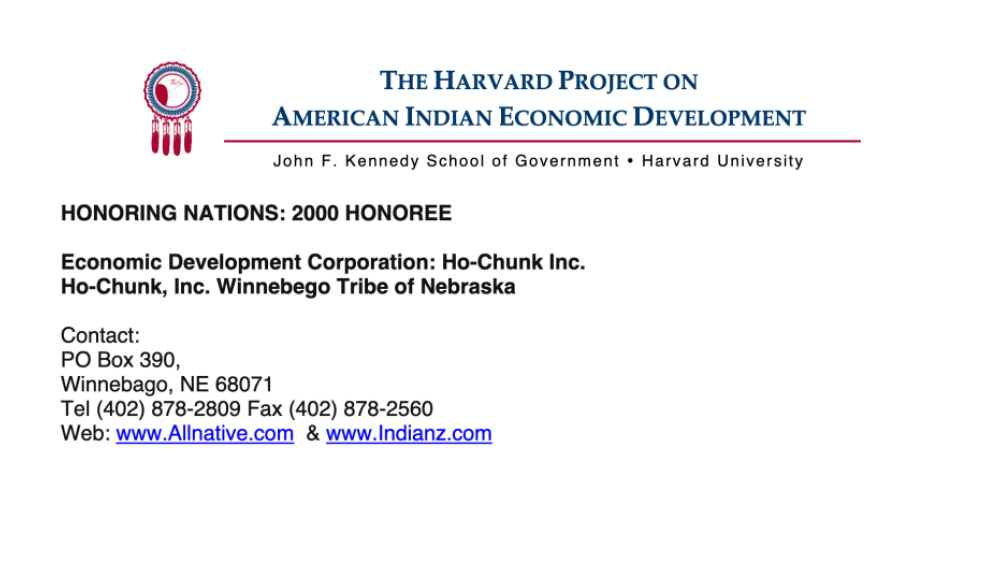
Economic Development Corporation: Ho-Chunk, Inc. Winnebego Tribe of Nebraska
Chartered under the laws of the Winnebago Tribe and wholly owned by the Tribe, Ho-Chunk, Inc. was launched in 1994 to diversify the Tribe’s business interests while maintaining a separation between business and tribal government. The general purpose company promotes economic self-sufficiency and…

Northern Cheyenne Constitutional Reform
The Northern Cheyenne Tribe is a sovereign nation. It is a federally-recognized Indian tribe with powers and authority to govern the activities of its members. The Tribe is governed by a Constitution and Bylaws first adopted on November 23, 1935. In the early 1990s, in order to meet the…
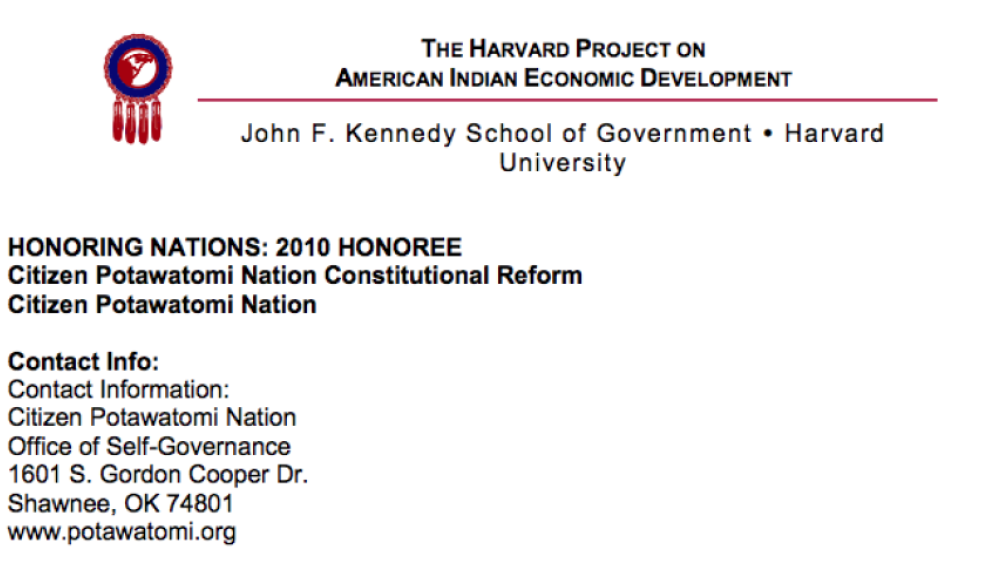
Citizen Potawatomi Nation Constitutional Reform
Tribal governments across the United States work tirelessly to provide their citizens with effective systems of governance. After years of failed assimilation attempts, the federal government imposed blanket political systems upon almost all tribes regardless of those systems’ effectiveness or…
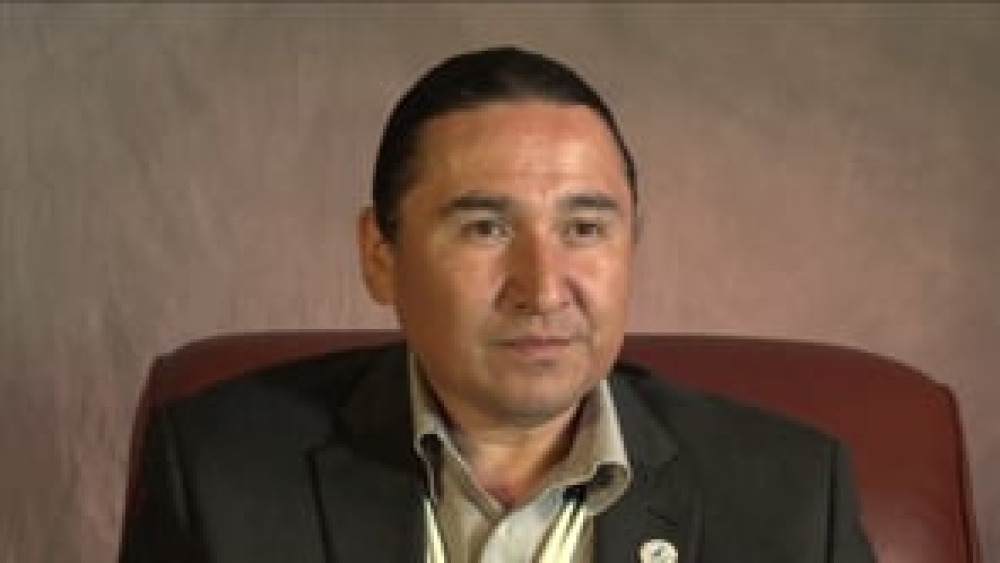
Floyd "Buck" Jourdain: Constitutional Reform and Leadership at the Red Lake Nation
Floyd "Buck" Jourdain, Chairman of the Red Lake Nation from 2004 to 2014, discusses his nation's constitutional reform effort and the supporting role he played in helping to get the effort off of the ground. He also talks about how comprehensive constitutional reform will empower his nation's…

Good Native Governance Break Out 3: Tribal Constitutional Revitalization
UCLA School of Law "Good Native Governance" conference presenters, panelists and participants Melissa L. Tatum, Devon Lee Lomayesva, and Jill Doerfler discuss constitutional reform efforts. Melissa describes the purpose of consitutions. Using her own Nation's experience, Devon discusses the Iipay…
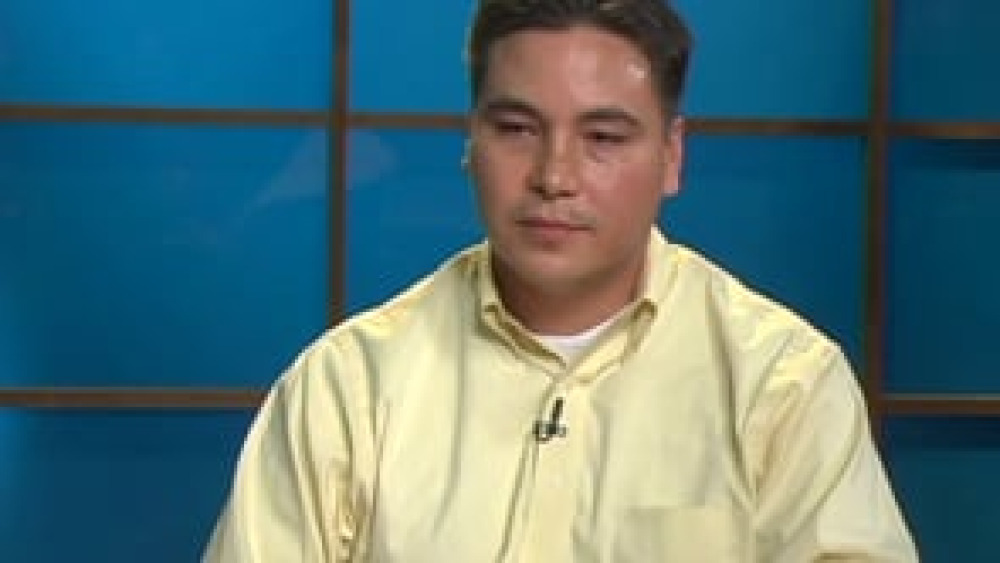
Donald "Del" Laverdure: Nation Rebuilding through Constitutional Reform at Crow
In this in-depth interview with NNI's Ian Record, Donald “Del” Laverdure, a citizen of the Apsáalooke Nation (Crow Tribe) and former Chief Justice of the Crow Tribe Court of Appeals, discusses his nation's monumental effort to discard a constitution and system of governance that were not…
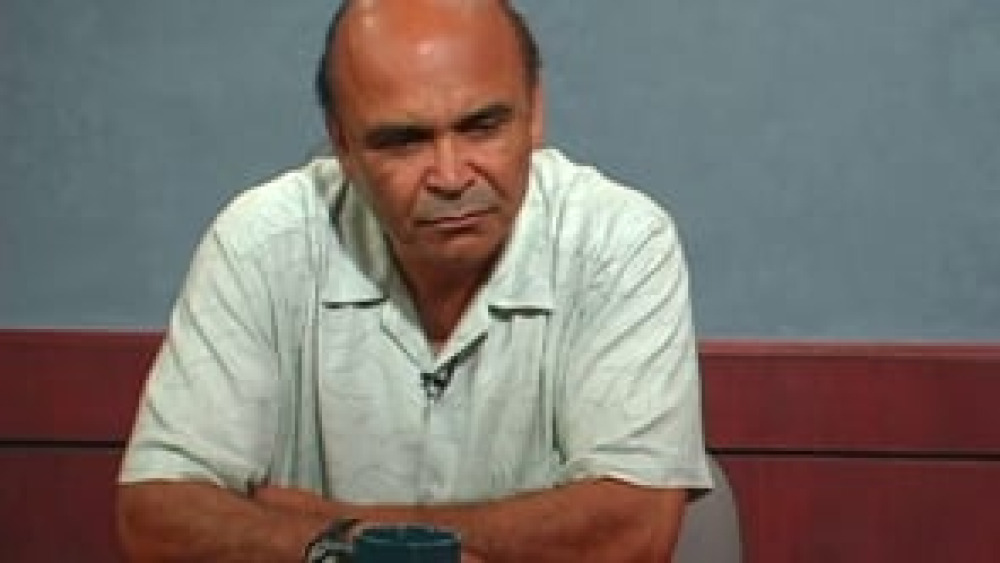
David Wilkins: Indigenous Governance Systems: Diversity, Colonization, Adaptation, and Resurgence
In this in-depth interview with NNI's Ian Record, federal Indian law and policy scholar David Wilkins discusses the incredible diversity and sophistication of traditional Indigenous governance systems, the profound impacts colonial policies had on those systems, and how Native nations are working…
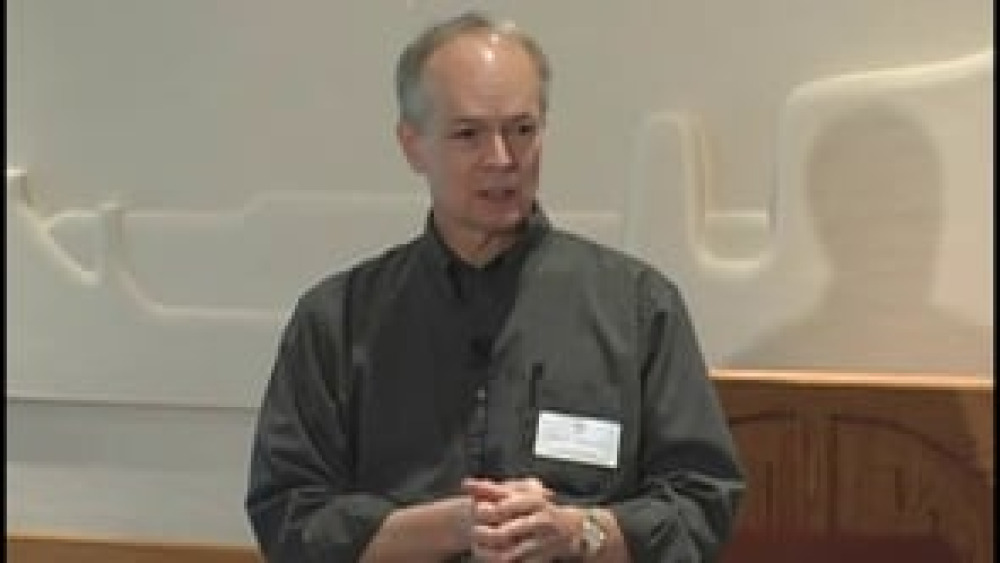
Stephen Cornell: Governance, Enterprises, and Rebuilding Native Economies
Harvard Project on American Indian Economic Development Co-Director Stephen Cornell discusses the two basic approaches Native nations typically take as they work to build and sustain nation-owned enterprises, and shares a number of examples from across Indian Country.
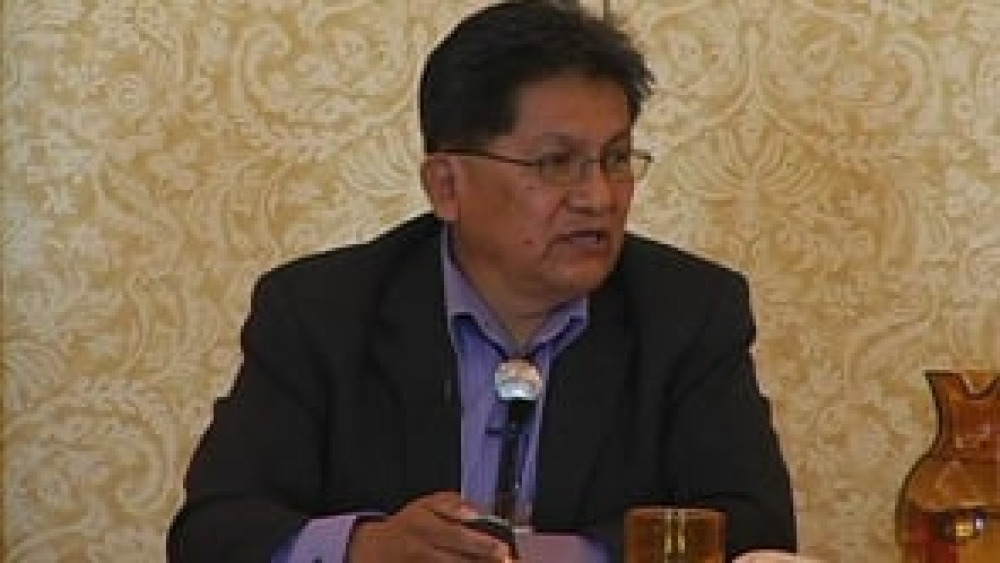
Ben Nuvamsa: What I Wish I Knew Before I Took Office
Former Chairman of the Hopi Tribe Ben Nuvamsa speaks about his tenure as the elected chief executive of his nation, and how the governance issues he and his nation have experienced in recent years offer important lessons to other Native nations.
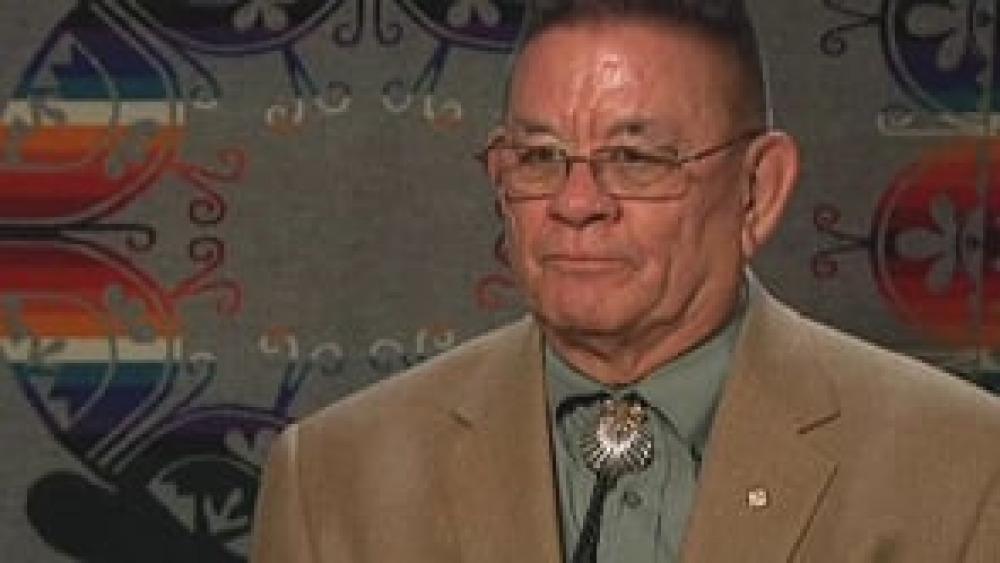
From the Rebuilding Native Nations Course Series: "What Strong, Independent and Legitimate Justice Systems Require"
Native leaders and scholars discuss what Native nations need to do to create strong, independent and culturally legimate justice systems.
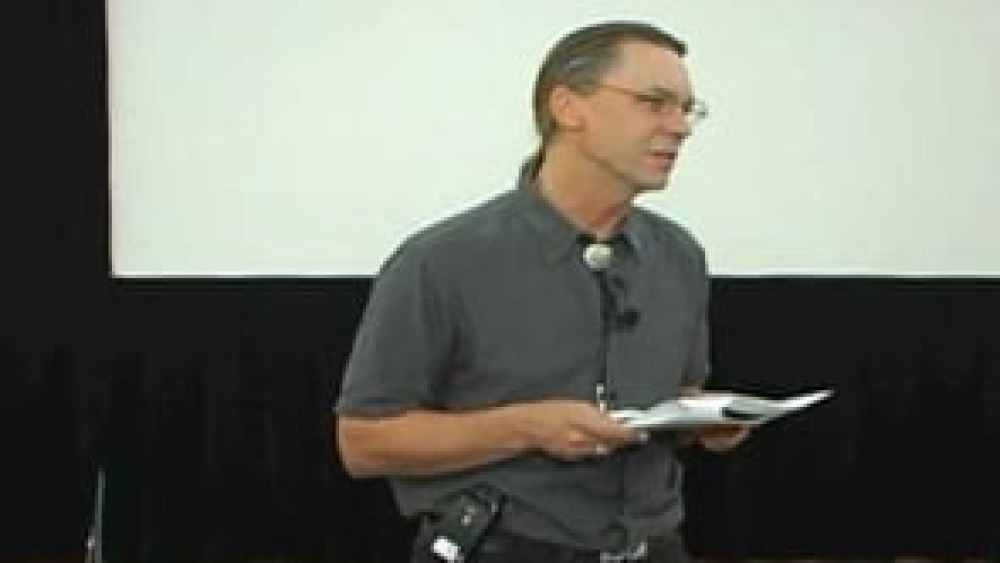
From the Rebuilding Native Nations Course Series: "Test: Does Your Nation Have an Independent Judiciary?"
Professor Robert A. Williams, Jr. shares a short test to help a Native nation and its leaders and citizens determine whether or not their judicial system is truly independent.
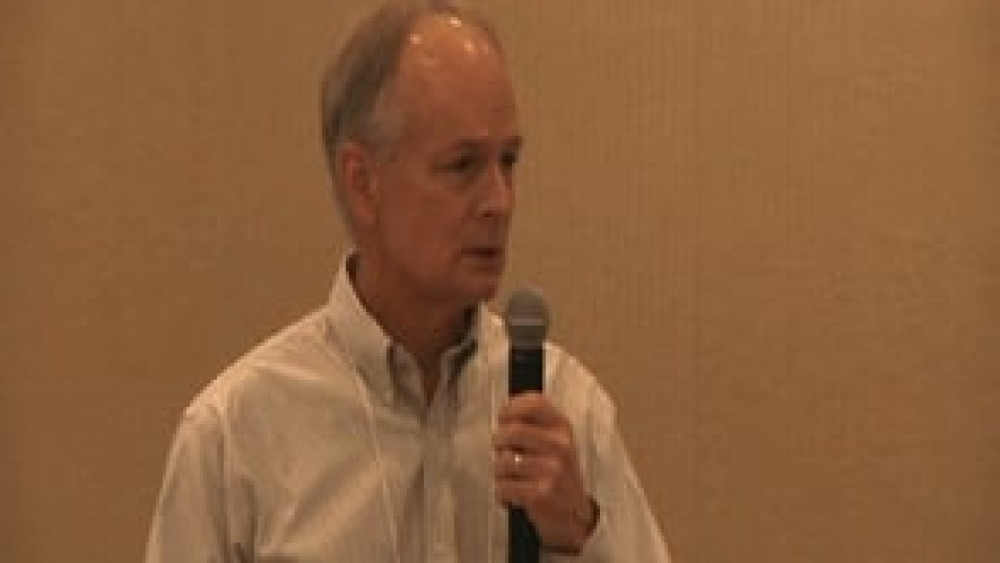
Stephen Cornell: Getting Practical: Constitutional Issues Facing Native Nations
Udall Center for Studies in Public Policy Director Stephen Cornell provides a brief overview of what a constitution fundamentally is, and some of the emerging trends in innovation that Native nations are exhibiting when it comes to constitutional development and reform. This video resource is…
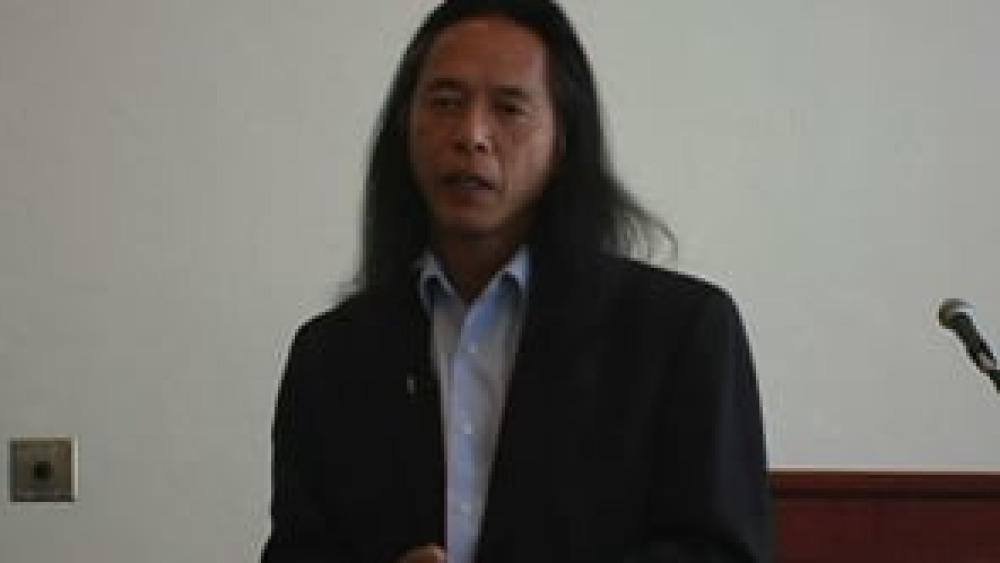
Ron His Horse Is Thunder: The Keys to Effective Governance and Economic Development: Predictability and Sustainability
Former Chairman of the Standing Rock Sioux Tribe Ron His Horse Is Thunder discusses why predictability and sustainability are so critical to effective Native nation governance and economic development.
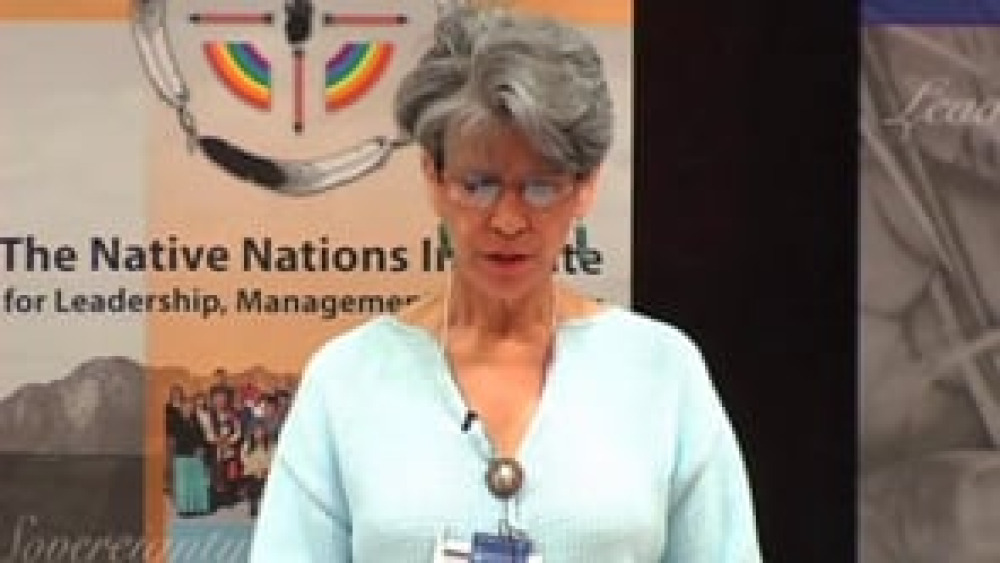
Priscilla Iba: Osage Government Reform
Osage Government Reform Commission Member Priscilla Iba discusses the historical factors that prompted the Osage Nation to create an entirely new constitution and governance system, and how the Nation went to great lengths to cultivate the participation and ownership of Osage citizens in the…
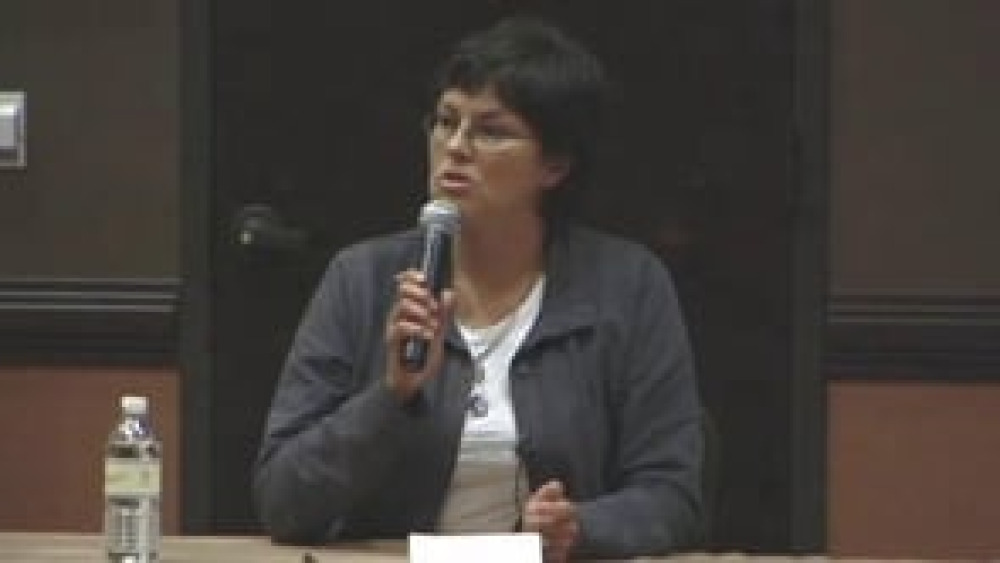
Patricia Ninham-Hoeft: What I Wish I Knew Before I Took Office (2009)
Oneida Nation Business Committee Secretary Patricia Ninham-Hoeft reflects on her role as a leader for the Oneida Nation and offers advice for newly elected leaders.
Honoring Nations: Theresa M. Pouley: The Tulalip Alternative Sentencing Program
Judge Theresa M. Pouley of the Tulalip Tribal Court discusses how the Tulalip Tribes reclaimed criminal jurisdiction from the State of Washington and then developed the award-winning Tulalip Alternative Sentencing Program, which she explains is a more effective and culturally appropriate approach…

Native Nation Building TV: "Why the Rule of Law and Tribal Justice Systems Matter"
Guests Robert A. Williams, Jr. and Robert Yazzie discuss the importance of having sound rules of law and justice systems, and examine their implications for effective governance and sustainable economic development. They explore these issues and their role in creating a productive environment that…
Todd Hembree: A Key Constitutional Issue: Separations of Powers
Cherokee Nation Attorney General Todd Hembree discusses the critical role of separations of powers in effective Native nation governance, and provides an overview of how the Cherokee Nation instituted an array of separations of powers in the development of their new constitution, which was ratified…
Honoring Nations: Michael Thomas: Sovereignty Today
Former Mashantucket Pequot Chairman Michael Thomas provides his definition of what tribal sovereignty means in the 21st century, and stresses the importance of Native nations examining and reconnecting with their traditional governance principles as they work to exercise sovereignty effectively.
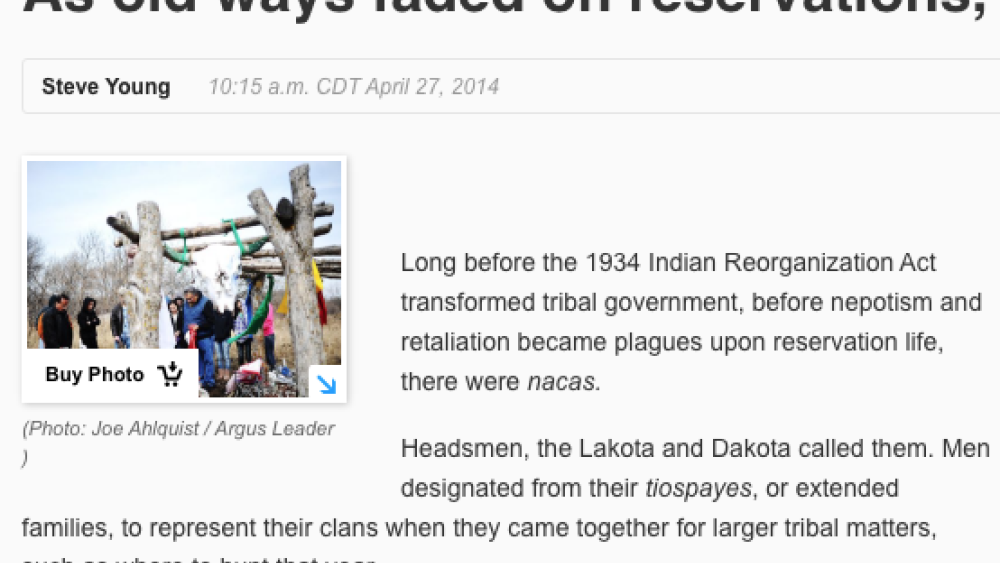
As old ways faded on reservations, tribal power shifted
Long before the 1934 Indian Reorganization Act transformed tribal government, before nepotism and retaliation became plagues upon reservation life, there were nacas. Headsmen, the Lakota and Dakota called them. Men designated from their tiospayes, or extended families, to represent their clans…
